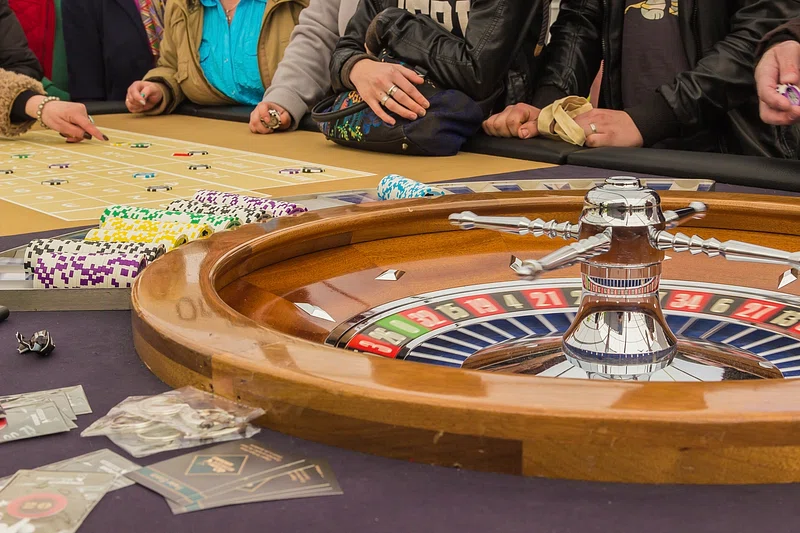Women in Online Gambling: Breaking Stereotypes in a Male-Dominated Industry
The online gambling industry has historically been perceived as a male-dominated arena, both in terms of player demographics and corporate leadership. However, as society gradually evolves and stereotypes are challenged, women are making substantial inroads into this vibrant sector. With their increasing participation as both players and industry leaders, women are reshaping perceptions and breaking down barriers in online gambling.
Changing Demographics
The landscape of online gambling is rapidly changing, with studies indicating a notable rise in female gamblers. According to a report by the UK Gambling Commission, women make up nearly 40% of the online gambling market. The allure of convenience, accessibility, and the diverse gaming options available have attracted women, who are keen to engage in their favorite games from the comfort of their homes. Critical shifts in societal norms have encouraged women to embrace gambling not just as a recreational activity, but also as a form of social interaction and empowerment.
Challenging Stereotypes
The stereotype of gambling being a male-centric pastime is gradually fading, thanks in large part to the increasing visibility of women in the industry. Women are no longer confined to an ancillary role; they are taking the lead as skilled players, innovative entrepreneurs, and influential decision-makers. Female-centric gaming platforms and communities have emerged, catering to a growing audience and fostering a sense of belonging for women who gamble. These initiatives not only empower female players, but they also challenge the long-standing stigma associated with women in gambling.
Leadership and Innovation
The online gambling industry is not just about the players; it is also shaped by influential leaders and innovators. More women are stepping into executive roles within gaming companies, bringing fresh perspectives and diversification that benefit the industry’s growth. Female leaders are not only driving marketing strategies but also championing responsible gaming practices and promoting inclusivity.
In recent years, several high-profile women have made their mark, assuming executive positions in prominent gaming companies and advocating for better representation and equal opportunities. These trailblazers are often involved in mentorship programs, ensuring that the next generation of women in the industry has the guidance and support they need to succeed.
The Impact of Technology
Advancements in technology have played a pivotal role in transforming the online gambling landscape. The rise of online casinos, mobile gaming, and live dealer options has made gambling more accessible and appealing to a broader audience, including women. Technology has also facilitated the development of platforms that prioritize user experience and safety, addressing concerns that often deter female players.
Social gaming platforms have emerged, allowing women to engage in casual gaming experiences without the pressures often associated with traditional gambling. These spaces promote community and social interaction, reducing stigma and creating avenues for female gamers to share experiences and strategies openly.
Supportive Communities
The relevance of community support cannot be understated in the journey of women in the online gambling sphere. Online forums, social media groups, and female-centric gaming networks have sprung up, providing platforms for women to connect, share experiences, and discuss strategies. These communities offer invaluable support, helping to create an inclusive environment that encourages participation and combats the stereotypes that have historically associated women with shame or stigma in gambling.
Overcoming Challenges
Despite these encouraging trends, women in the online gambling industry still face unique challenges. Harassment and misogyny remain rampant in some gaming communities, often deterring women from participating fully. However, the dialogue surrounding inclusivity and respect is gaining traction, as gaming companies implement stricter policies against harassment and promote positive gaming environments.
Conclusion
As more women enter the online gambling space, they are making significant contributions that challenge outdated stereotypes and pave the way for future generations. The increased visibility of female players and leaders signals progress and highlights the importance of diversity in all aspects of the industry. By continuing to break barriers and redefine what it means to be a woman in online gambling, they are not only changing the narrative but also enriching the gaming experience for everyone involved. The time is ripe for a mature and responsible conversation about role equality in online gambling, a dialogue that celebrates the vibrant and diverse contributions women bring to this dynamic industry.




